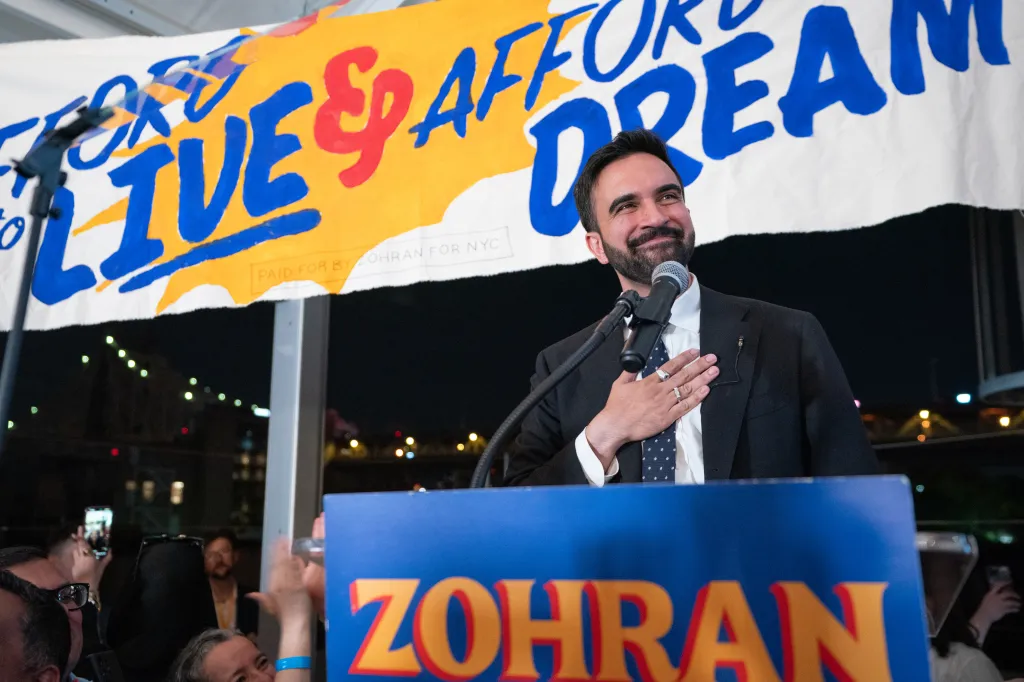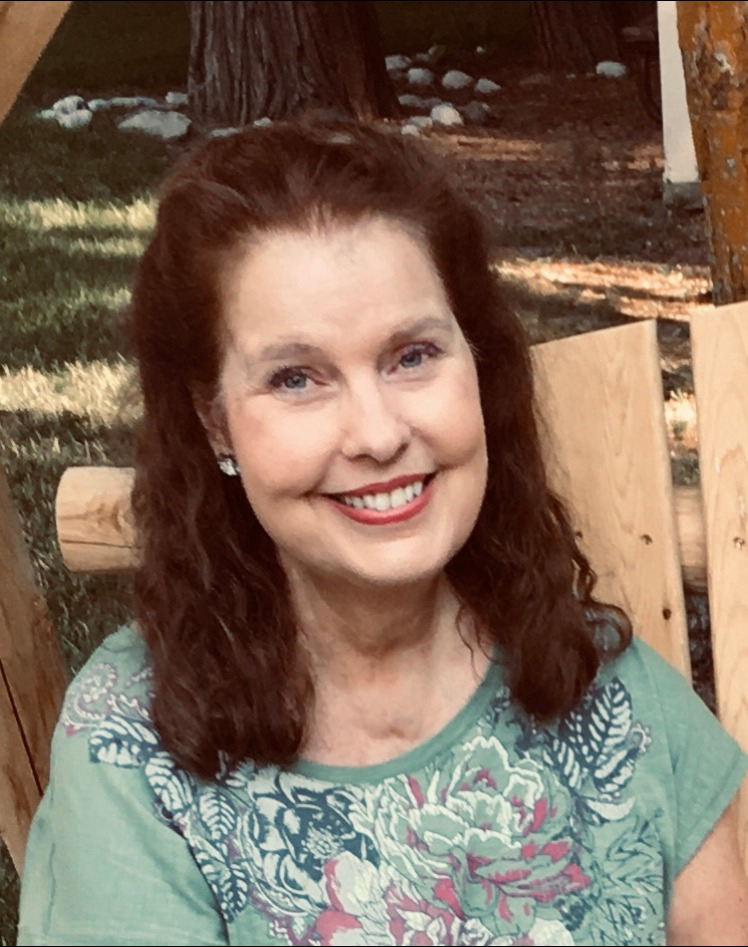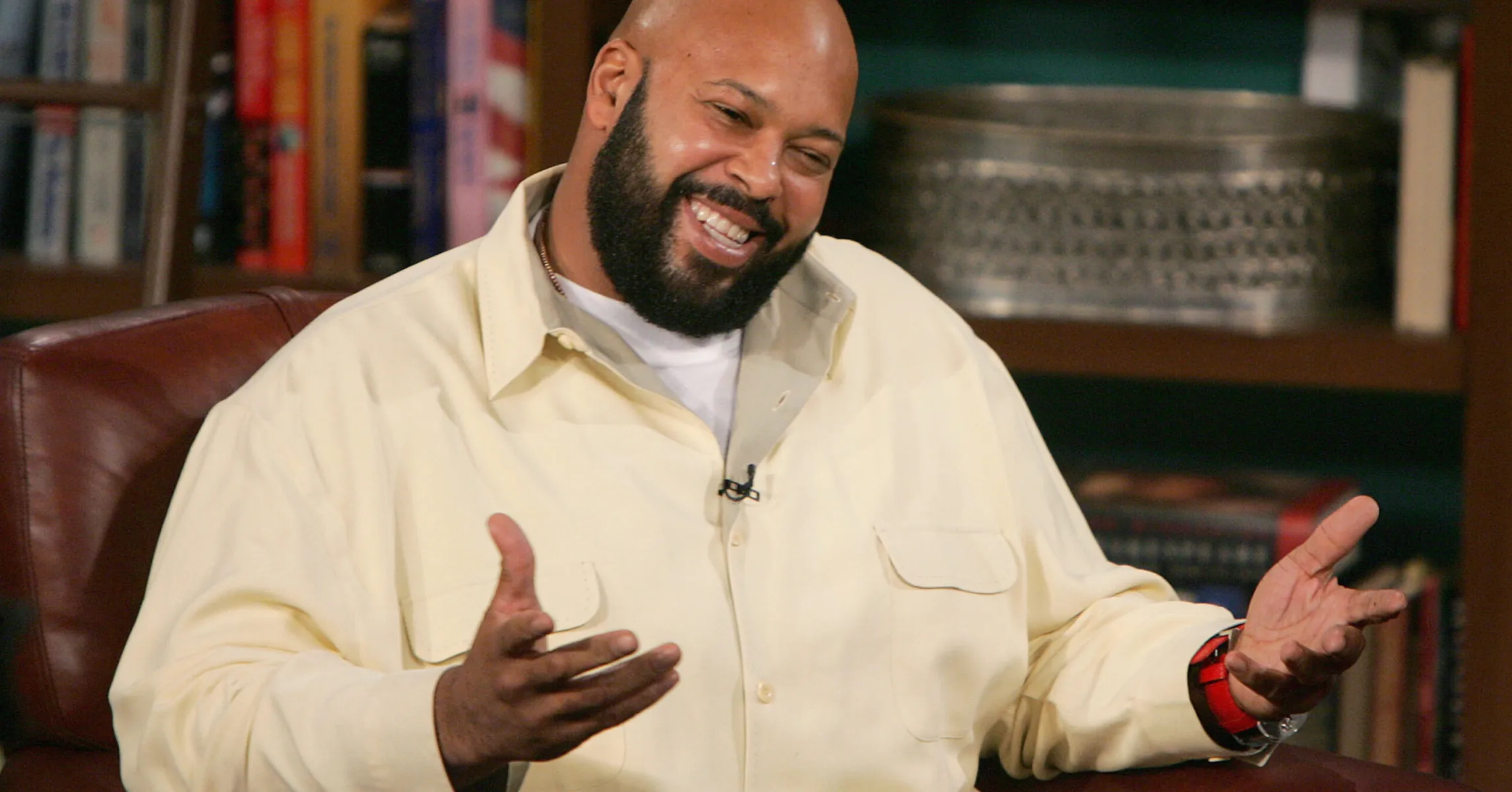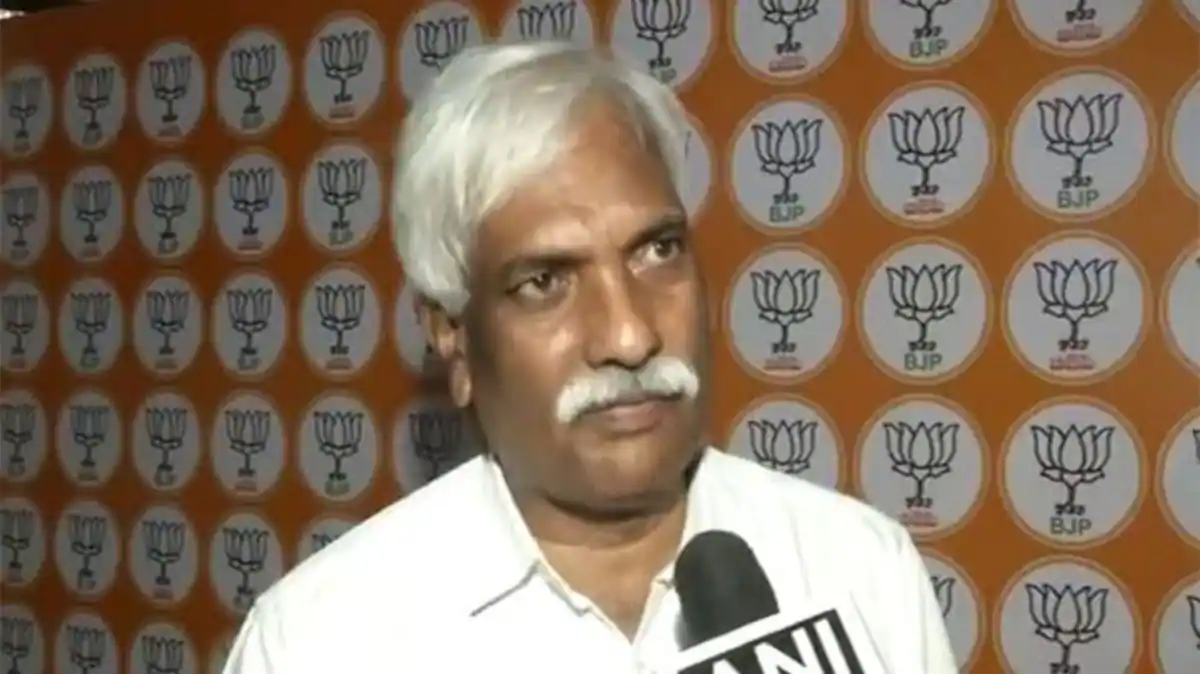Copyright New York Daily News

Andrew Cuomo’s June primary loss to Zohran Mamdani has been framed as the triumph of charisma — a magnetic candidate who mastered social media to topple a powerhouse. That’s the takeaway many establishment Democrats drew: the path forward is better branding. But Mamdani’s victory wasn’t built on personality or polish alone. It was the result of years of patient, often invisible organizing in Muslim, South Asian, and working-class immigrant communities across New York. Long before Mamdani’s candidacy surged, he was polling at 2% with no major endorsements. What changed wasn’t charm — it was the activation of neighborhoods long ignored by candidates. These were communities bound by daily ties: neighbors who relied on one another, worshiped together, and shared small businesses and cultural spaces. When organizers — from DRUM Beats NYC, the Muslim Democratic Club of NY, the Alliance of South Asian American Labor, MusVote, and Bangladeshi-Americans for Political Progress, among others — knocked on doors, they tapped networks already alive. Mamdani’s campaign didn’t invent that energy; it recognized it and gave it a channel, turning communal life into a political force. That mattered in a city where only 7% of 200,000 registered Muslim Democrats voted at all in 2024. During my work on Justin Brannan’s comptroller campaign, I watched DRUM set up a tent at Kensington Plaza in Little Bangladesh every Wednesday and Sunday evening. Aunties handed out literature while serving chai and pakora. Uncles pulled their boys into the adda — the Bengali term for a political hangout — turning canvassing into a social event. That kind of organizing doesn’t just bring out votes — it builds belonging and power. For me, this work is personal. I was born and raised in Flatbush, Brooklyn, surrounded by family, faith, and a father who led by example. He ran a small cellphone store on Cortelyou Road and, over three decades, built something far more powerful: a community. At that shop, uncles gathered for adda — arguing about everything from local elections to Bangladeshi politics back home. What looked like casual chatter was in fact the essence of collective political activism: people carving out space, in the middle of their workday and family lives, to think about power, representation, and community. That was the soil I grew up in — and the same soil that nurtured the organizing behind Mamdani’s win. After the primary, the media highlighted the growing political influence of Bangladeshi New Yorkers, starting in Brooklyn’s Little Bangladesh, where I grew up. Across enclaves in Kensington, Jackson Heights, Astoria, Ozone Park, and Jamaica, working-class Bangladeshis delivered blowout margins for Mamdani. Even Cuomo seemed to realize this. Suddenly, he began showing up at our mosques — despite not setting foot in one during his years as governor. The attempt backfired: he was heckled by community members who saw it for what it was. The contrast was stark. Mamdani’s support came from years of showing up; Cuomo’s scramble only underscored how much the ground had shifted. Two days before the primary, my father hosted his annual street fair in Little Bangladesh. I helped bring together Mamdani, Public Advocate Jumaane Williams, Lt. Gov. Antonio Delgado, Council members Justin Brannan, Shahana Hanif, and Rita Joseph, along with the Working Families Party. The fair was more than cultural — it was political. Our community, long underrepresented, now holds undeniable stakes in New York’s future. Credit belongs to a movement, not one candidate. The organizing that powered Mamdani’s primary victory stretches back generations, beginning with elders who carved out space for our communities long before politics took notice. Leaders like Linda Sarsour, Rana Abdelhamid, Ali Najmi, and Shahana Hanif carried that work forward — alongside countless activists and neighbors whose persistence built the foundation for this moment. Charisma matters, yes — but charisma doesn’t knock on doors, organize canvasses, or convince working-class families to see themselves as political actors. Organizing does. Mamdani put it best on primary night: “This is the victory of the Bangladeshi auntie who knocked on door after door until her feet throbbed and her knuckles ached.” If Democrats think he won because of flashier messaging, they’ll miss the real lesson — and keep underestimating the communities reshaping New York politics. History shows: when communities organize, Cuomo will likely lose again. Charisma wins applause lines. But it’s the aunties with chai, the uncles in adda, and the organizers stitching together coalitions who win elections. That’s the story behind Mamdani’s victory — and why, even now, I’m optimistic the same movement will deliver once again. Tejwar is a community organizer and the former Muslim & South Asian political director on the Brannan for comptroller campaign.



